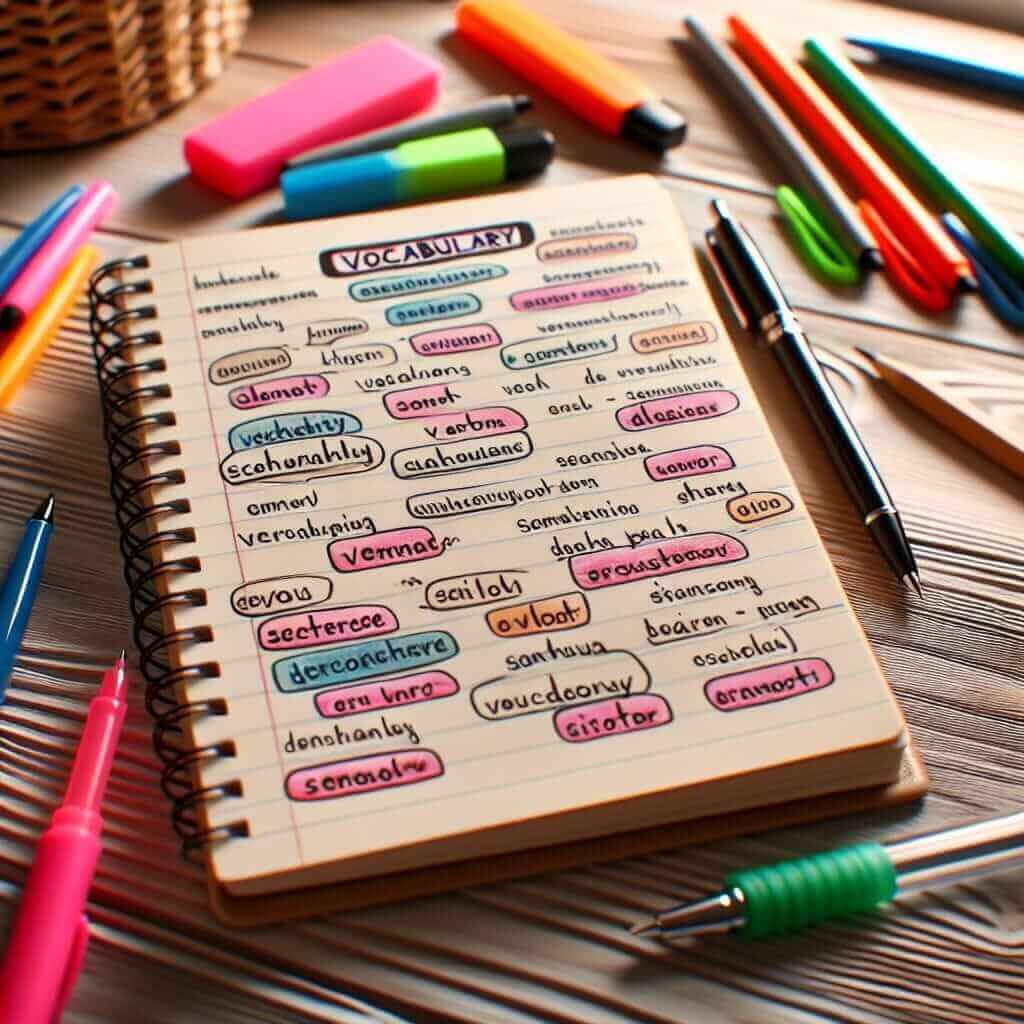As an IELTS instructor with over 20 years of experience, I’ve witnessed countless students grapple with the same question: “Where can I find the right vocabulary for IELTS?” It’s a common concern, and rightfully so. A strong vocabulary is fundamental to achieving a high score in all sections of the IELTS exam. This guide will provide you with a roadmap to expanding your lexical resource and acing your IELTS exam.
Understanding the Importance of Vocabulary in IELTS
Before diving into the “where,” let’s address the “why.” Vocabulary is not just about knowing a large number of words; it’s about using them accurately and effectively within the right context. Here’s how vocabulary impacts different sections of the IELTS:
- Speaking: A wide range of vocabulary allows you to express yourself fluently and eloquently during the interview, showcasing your ability to discuss various topics with precision.
- Writing: Using topic-specific vocabulary and synonyms enhances your writing, making it more engaging and demonstrating your command of the English language.
- Reading: A strong vocabulary is crucial for understanding complex texts and answering comprehension questions accurately.
- Listening: A broad vocabulary base helps you comprehend spoken language, identify synonyms and paraphrased information, and answer questions effectively.
Your Toolkit: Where to Find the Gold
Now, let’s explore the treasure map to enriching your IELTS vocabulary:
1. IELTS Preparation Materials: Your Trusted Compass
- Official IELTS textbooks and practice tests: These resources are packed with topic-specific vocabulary commonly used in the exam. Pay attention to the words used in sample answers and reading passages.
- Vocabulary lists and flashcards: Numerous websites and apps offer curated lists of vocabulary related to common IELTS themes like education, technology, and the environment.
2. Dive into the World: Immerse Yourself
- Read Widely: Newspapers (The Guardian, The New York Times), magazines (The Economist, National Geographic), and non-fiction books expose you to a wide range of vocabulary in context.
- Listen Actively: Podcasts, documentaries, and news channels help you familiarize yourself with different accents and learn how words are used in natural speech.
- Watch and Learn: Movies, TV series, and documentaries, especially those with subtitles, can be entertaining ways to learn new vocabulary and improve your listening comprehension.
3. Make it Personal: Context is Key
- Keep a Vocabulary Notebook: Jot down new words you encounter, along with their definitions, synonyms, antonyms, and example sentences. This personalized resource will be invaluable for review.
- Use it or Lose it: Don’t just memorize words in isolation. Practice using them in your speaking and writing.

Example: The Power of Synonyms in Action
Let’s say the IELTS speaking exam throws you a question about “the benefits of exercise.” Instead of repeating “good” or “healthy,” you can impress the examiner with synonyms like:
- Beneficial
- Advantageous
- Salubrious
- Invigorating
Using a variety of words demonstrates your lexical range and makes your language more sophisticated.
Top Tips for Mastering IELTS Vocabulary
- Focus on Collocations: Learn words in groups that naturally go together. For instance, “heavy rain” is more natural than “strong rain.”
- Practice Paraphrasing: Try to express the same idea using different words and grammatical structures.
- Don’t Overlook Pronunciation: Learning the correct pronunciation of words is essential for the speaking and listening sections.
Conclusion: Your Vocabulary Journey Begins Now
Remember, building a strong vocabulary is an ongoing process. By consistently incorporating these strategies into your IELTS preparation, you’ll be well-equipped to communicate effectively and confidently on exam day. Good luck, and remember, every new word you learn brings you one step closer to your desired IELTS score!